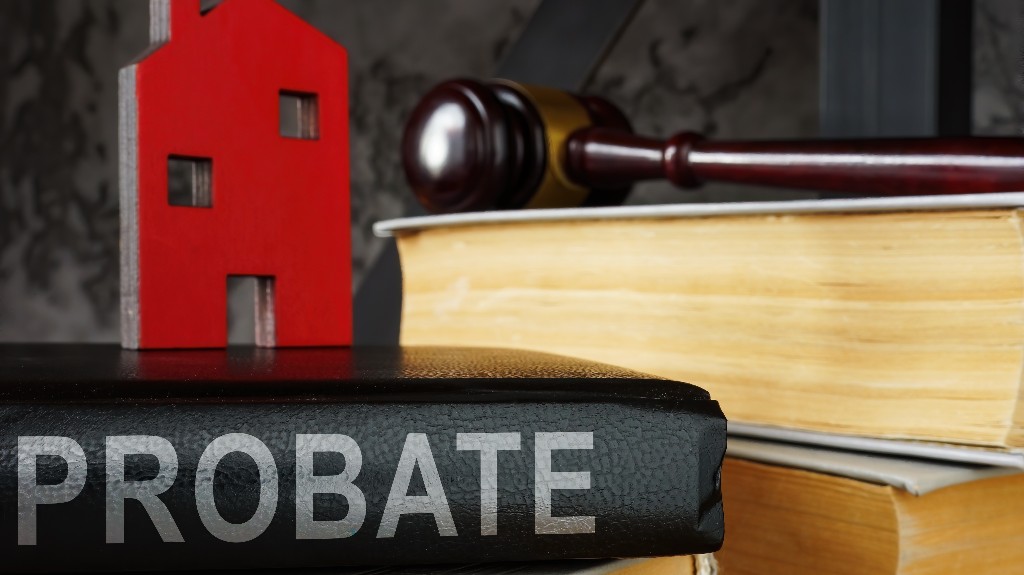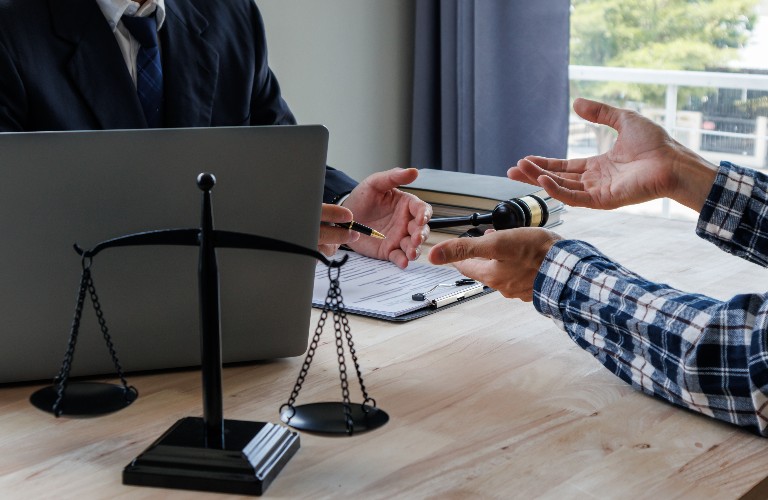
For many Wisconsin families, the cabin is more than a piece of property. This is where all those cherished memories are made. But when a cabin owner passes away, those warm memories often collide with the reality of probate court.
So, what happens to a family cabin during probate in Wisconsin? Here is what you need to know so you can be prepared for this next step.
Probate Basics in Wisconsin
Probate is the legal process of settling a deceased person’s affairs. This can include collecting assets, paying debts, and distributing what is left to heirs or beneficiaries.
In Wisconsin, the process can be simple to complex, depending on the size of the estate and whether or not there is a valid will.
For example, if the cabin is titled in the deceased person’s name alone, it almost always must go through probate before ownership can transfer. Under Wisconsin law, court approval is needed to retitle property from someone who has passed away to their heirs.
What happens next? Here is a look at the possible steps in the probate process.
Determining Ownership
One of the first questions that the court will ask is about the ownership of the cabin. As mentioned, if the deceased owned the cabin individually, the property is part of their probate estate.
However, if they co-owned it with someone else, it passes to the surviving owner without probate. This is called joint tenancy with right of survivorship.
However, if the deceased owned the cabin with others as tenants in common, their share would go through probate, while the co-owners would keep their interests.
How the property is titled on the deed is important. Many times, families learn that a shared cabin was only legally owned by a single person.
The Will (or Lack of One)
The probate court will follow its instructions if the deceased left a will. Without a will, Wisconsin’s intestacy laws will decide who inherits. The spouse and/or children may receive the cabin, but the exact breakdown can get complicated. Intestacy can lead to unexpected decisions and fierce legal battles in blended families.
Handling Debts and Expenses
Before anyone receives the cabin keys, the estate’s debts must be paid. That includes mortgages, property taxes, utility bills, and other outstanding liabilities.
The personal representative may have to sell the cabin if the estate does not have enough liquid assets to cover these costs. While that is a heartbreaking scenario, creditors come first under Wisconsin probate law.
Probate Alternatives
While probate is the default path, there are ways to keep a cabin out of the process. Families who want to think ahead often turn to estate planning. Some of these options include:

- Transfer on Death (TOD) deed: In Wisconsin, a cabin owner can record a TOD deed naming beneficiaries. Upon their death, ownership transfers directly to those beneficiaries without probate.
- Living trust: The owner places the cabin in a revocable living trust during their lifetime, with detailed instructions on how it should be used or passed down. Trusts also make it easier to spell out rules for cost-sharing or usage.
- LLC or family cabin agreement: Some families place the cabin into a limited liability company or create a binding agreement that governs who can use it, who pays what, and what happens if someone wants out.
Unfortunately, the cabin’s fate is tied to probate if no planning was done before the owner’s death.
Protect Your Valuable Property with Estate Planning
Now that you know what can happen to the family cabin during probate in Wisconsin, you can take the steps to secure its future. If your family treasures its cabin, the best gift you can leave behind is a clear plan for ownership.
At Collins Law Firm, we can make sure that this cherished piece of property stays in your family for generations to come. Whether you want to avoid probate or need help starting with an estate plan, we are ready to help. Schedule a consultation today.